Class of 2025
Journalism
Individuals in the communities of George Floyd Square and the Greenwood district of Tulsa demonstrate resilience through their personal determination to change the systems of oppression in a variety of ways, whether it be through art, tourism or business.
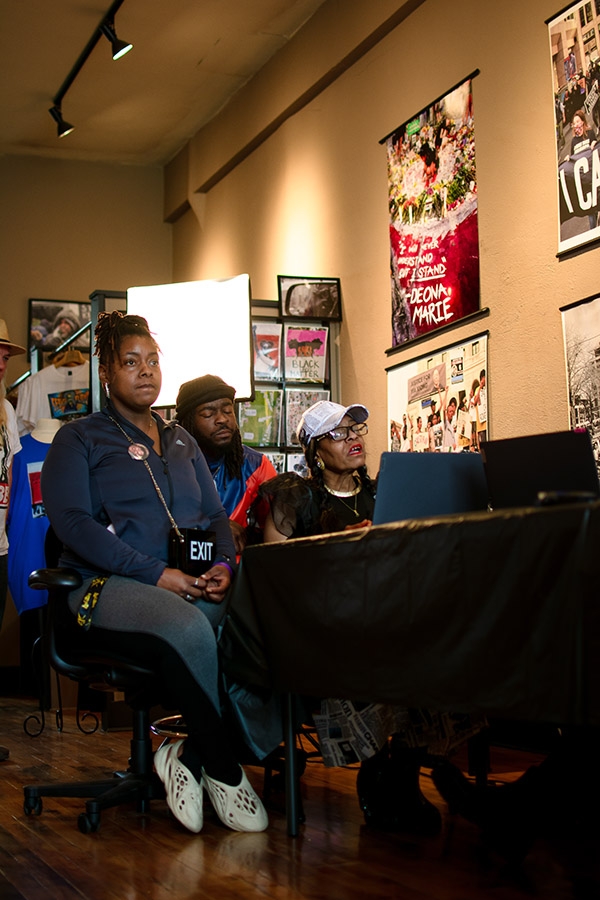
The family of Ricky Cobbs II, a Black man killed by police during a traffic stop in Minneapolis in 2023, speak on the fight for justice for victims of police brutality on journalist Al McFarlane’s radio broadcast. The charges against the officer that killed Cobb were dropped on June 3, 2024. | PHOTO: Maria Nairn
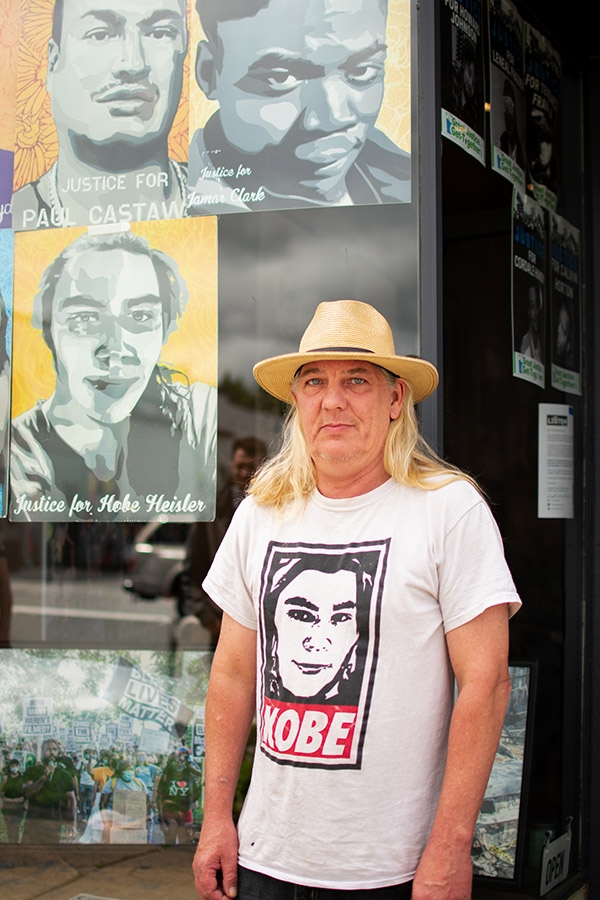
Jason Heisler, father of Kobe Dimock-Heisler, stands near a painting of his son, who was killed by police in Brooklyn Center, Minn., in August 2019. Dimock-Heisler was a 21-year-old autistic man of color. Heisler said that his son was “more than how he died.” | PHOTO: Maria Nairn
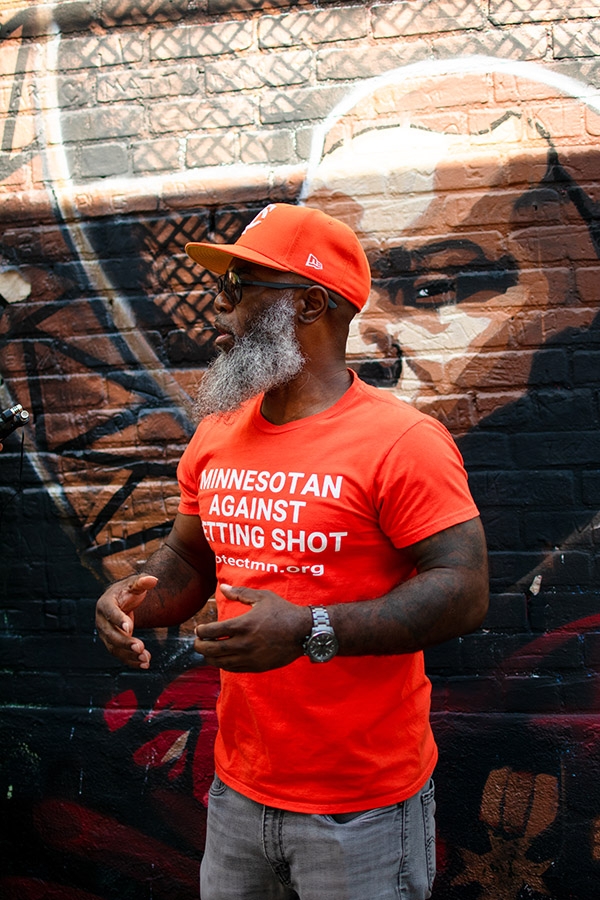
Marquise Bowie, self-described “Tourist Interrupter”, spends his time in George Floyd Square educating tourists on the history of the area and giving tours to visitors. Bowie hopes to bring “real, meaningful change” by “planting seeds in people’s hearts.” | PHOTO: Maria Nairn
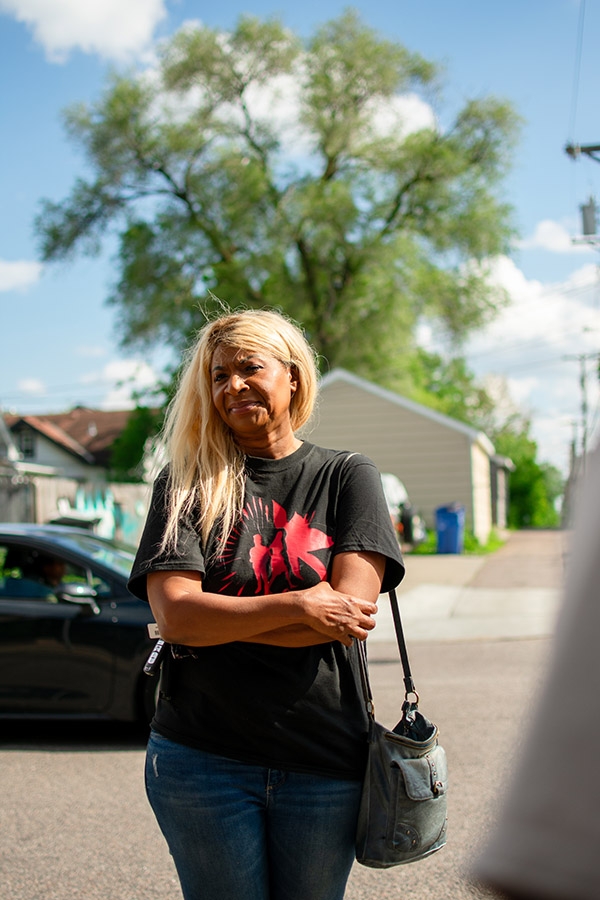
Angela Harrelson, the aunt of George Floyd, is Floyd’s closest living relative in Minnesota. Since her nephew’s death, Harrelson says that, to her, resilience “embodies my inner strength, communal solidarity, and the relentless pursuit of justice.” | PHOTO: Maria Nairn
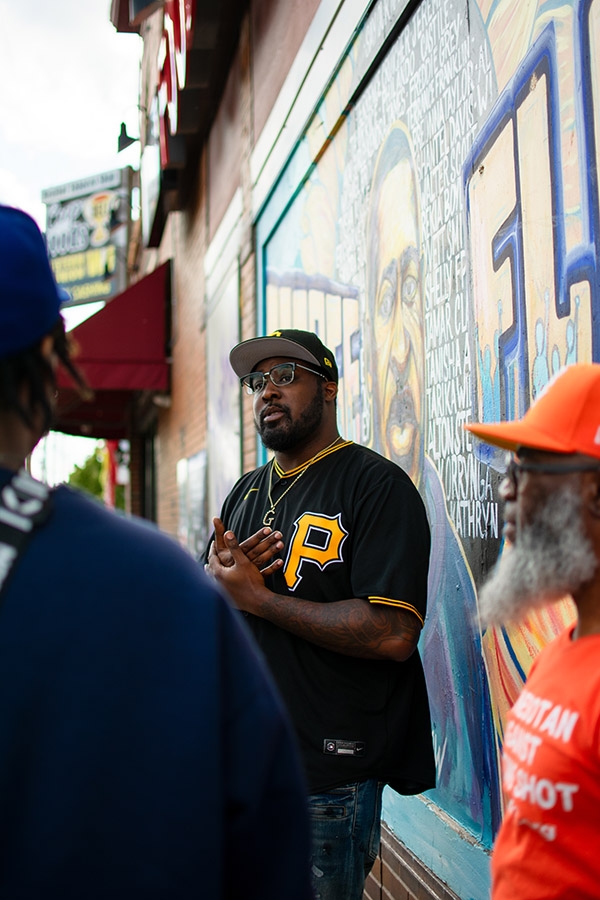
Georgio “G” Wright is from the neighborhood surrounding George Floyd Square and witnessed his death in May 2020. Wright works to educate people on the history of the area through walking tours. | PHOTO: Maria Nairn
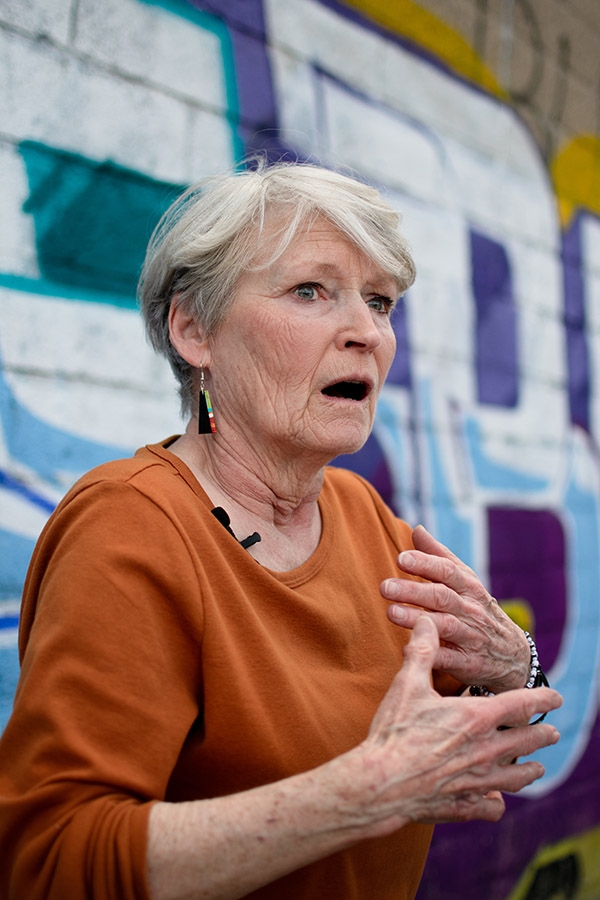
Brenda Kittilson visits George Floyd Square frequently since the death of Floyd in May 2020. Two days after his death, Kittilson, who has three Black grandsons in Minnesota, wrote the following: “There CANNOT be healing from violence against Blacks that DOES NOT END.” | PHOTO: Maria Nairn
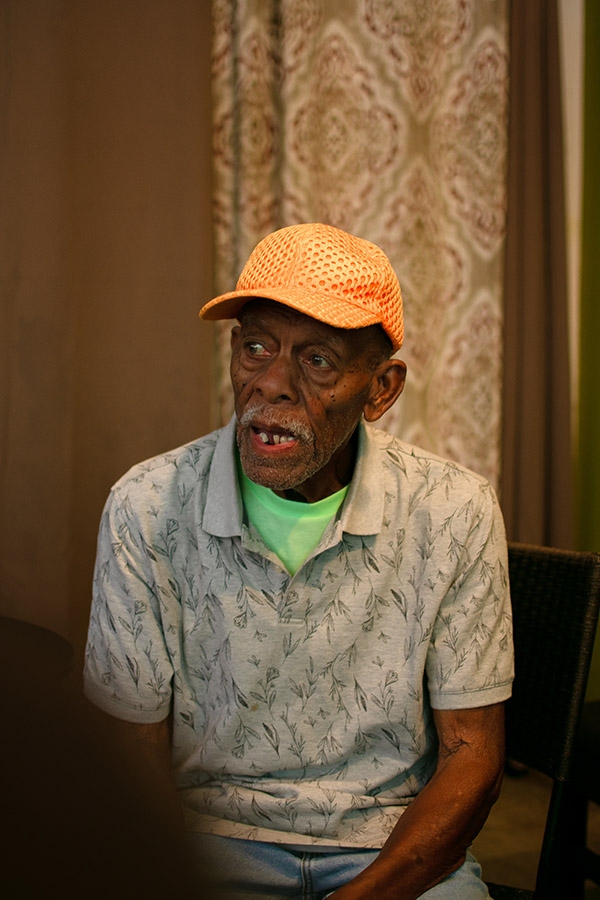
Bobby Eaton Sr. frequents the Black Wall Street Liquid Lounge in Tulsa, Okla. Lifelong Tulsan Eaton has spent his life fighting for civil rights. His father, Joseph, was a business owner during the peak of Black Wall Street in the early twentieth century. | PHOTO: Maria Nairn
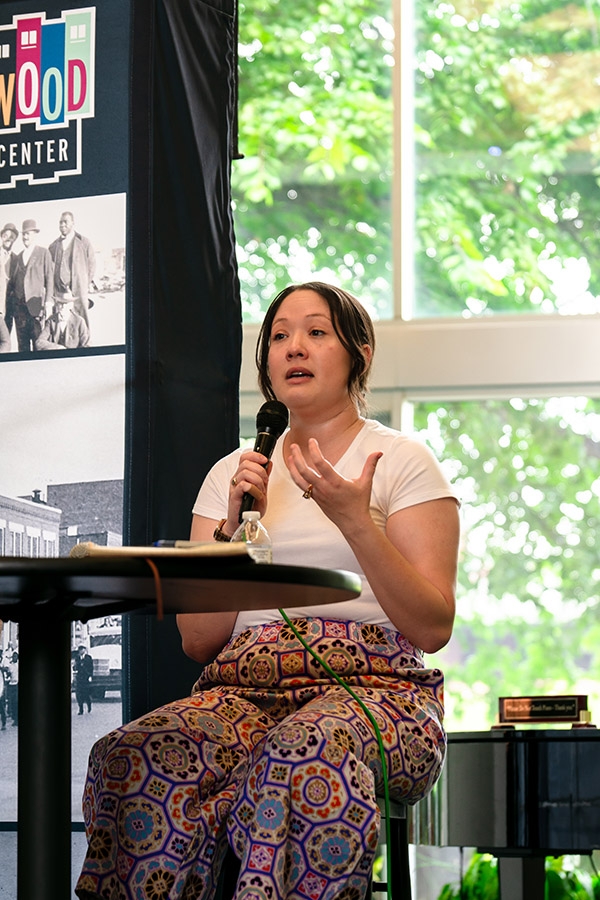
Lisa Doi is a member of the National Nikkei Reparations Coalition, an organization that works to educate the public on the injustices perpetrated against Japanese-Americans in World War II. During a panel at the Black Wall Street Legacy Fest Summit in Tulsa, she explained why survivors stayed silent for years after the war: “The horror would surely die sooner, they felt, if they did not speak.” | PHOTO: Maria Nairn
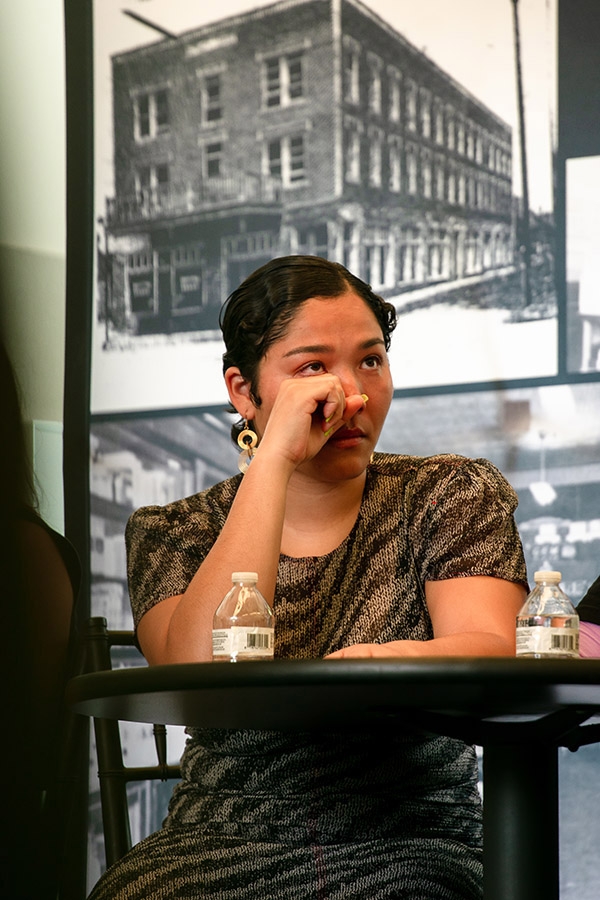
Black Wall Street Summit panelist Emily Akpan tears up after listening to congressional testimonies from Japanese-Americans on Japanese concentration camps. Akpan said that she had no idea Japanese-Americans received reparations until she was in her mid-twenties. | PHOTO: Maria Nairn